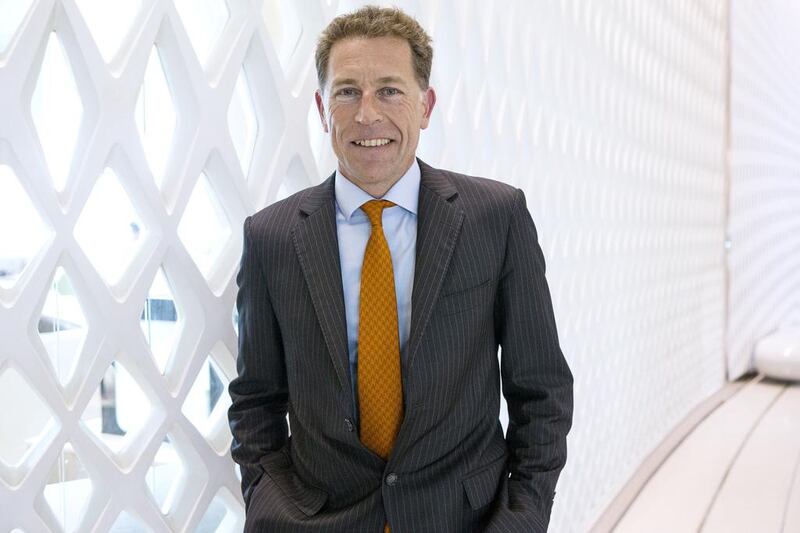SMEs are suffering from a slowdown in the growth of orders and the ability to collect payments as lower oil prices weigh on the pace of economic expansion, a survey of UAE companies showed.
Gulf Finance Corporation, a small and medium sized enterprise financier owned by the Dubai investment bank Shuaa Capital, said that a survey of sentiment among its clients in the country during the second quarter also revealed that the ability to raise financing has decreased.
Businesses were also not as upbeat on the outlook for sales and growth in the next quarter.
The summer, when business activity slows down, played a part in the deterioration of sentiment among company owners, Gulf Finance said.
“The slowdown in economic activity in Dubai is obviously impacted by a decline in oil prices globally, and obviously that affects this region,” said David Hunt, the chief executive of Gulf Finance.
“[The UAE] is a big hydrocarbon producer and it will have an impact on spending plans of companies. ”
Seventy one per cent of respondents interviewed during the second quarter said that total orders received increased or significantly increased during the last quarter, compared with 84 per cent who held the same point of view during the first quarter of the year.
Meanwhile, only 8 out of 10 respondents compared with 9 out of 10 respondents in the first quarter had a positive or very positive outlook on growth and sales.
Oil has lost more than half of its value over the past year amid waning demand from China and rising supply from North America.
The UAE funds more than 60 per cent of its Federal budget from the sale of crude oil, and the country’s economic growth is slowing down as a result of the oil slump.
The IMF is forecasting about 3 per cent GDP growth this year in the UAE following a couple of years when that growth exceeded 4 per cent.
Gulf Finance's lending to SMEs in the Emirates and Saudi Arabia has boomed in recent years as Shuaa focuses on generating revenue from lending after a restructuring that closed down its retail brokerage division in 2011, at a time when there was a drought of initial public offerings and thin trading volume.
UAE Government officials have been counting on small businesses to play a key role in the development of the economy.
SMEs account for 86 per cent of the workforce in the private sector, according to the Ministry of Economy.
And 300,000 companies can be classified as part of the SME sector, according to ministry data.
While times are tougher, they are not as bad as they were back when oil last lost half of its value in 2008 and 2009, say some SME owners, such as Shahriar Khodjasteh, the co-founder and president of Dubai Desert Extreme, a sports equipment and apparel company that sells goods including bicycles and skateboards.
Mr Khodjasteh said that, although business slowed down in the second quarter, the impact from the drop in oil prices has come nowhere near the financial crisis of 2009, when home prices collapsed and big businesses struggled to pay back debts.
If anything, he said, turbulent financial times make people become more sporty to relieve the stress.
“The health and wellbeing business does better during crisis because people stop wining and dining and start looking after themselves,” he said.
“They are stressed, so they get into sports that are not so expensive. They can go running, go cycling, get active. I’d like to think it’s recession-proof [but] maybe I am being a bit over-optimistic.”
mkassem@thenational.ae
Follow The National's Business section on Twitter





